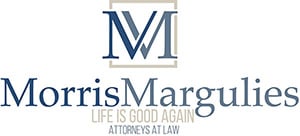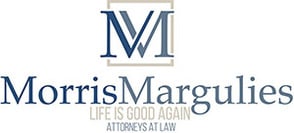Until the Supreme Court decision in Marrama v. Citizens Bank of Massachusetts (In re Marrama), 549 U.S. 365 (2007), it was assumed that under 11 U.S.C. §1307, a debtor had an automatic right to convert a Chapter 7 case to a Chapter 13 case. However, the Supreme Court has made clear that a Chapter 7 debtor does not have the automatic right to convert and may not convert the case to a Chapter 13 if the debtor acted in bad faith and allowing the conversion would be an abuse of the bankruptcy process.
A recent case that demonstrates abuse of process and bad faith is the case of In re Fields, 2016 WL 3462203 (Bankr. E.D. N.C. 6.17.16). In the Fields case, the Debtor owned a 1987 Porsche 911. On his Schedules he claimed the car had a value of $500.00 and was not running. At the meeting of creditors, he advised the trustee that it was not working and was worth just $500.00. The trustee had an auctioneer look at the car and discovered that the car was operable and was worth at least $12,000 and as much as $30,000. The trustee then gave the debtor the option of either paying the estate $14,000 or surrendering the car. The debtor thought of a different option, that is, converting the case to Chapter 13. The bankruptcy court denied the debtor’s request to convert, explaining that his failure to disclose significant assets on his Schedules and continued misrepresentations about the assets when questioned by the trustee demonstrated bad faith. The court went on to state that the debtor should feel lucky that the trustee was not seeking to deny him a discharge.
If you are considering filing for bankruptcy and have questions and concerns about whether you can exempt certain assets, please contact us. The firm of Laura Margulies & Associates, LLC has successfully handled thousands of cases in Maryland and Washington, D.C., many involving unique or novel issues. Please contact us today for a consultation at [nap_phone id=”LOCAL-REGULAR-NUMBER-2″. Our website address is: www.law-margulies.com.

